Spain has the potential to become a hub for renewable energy
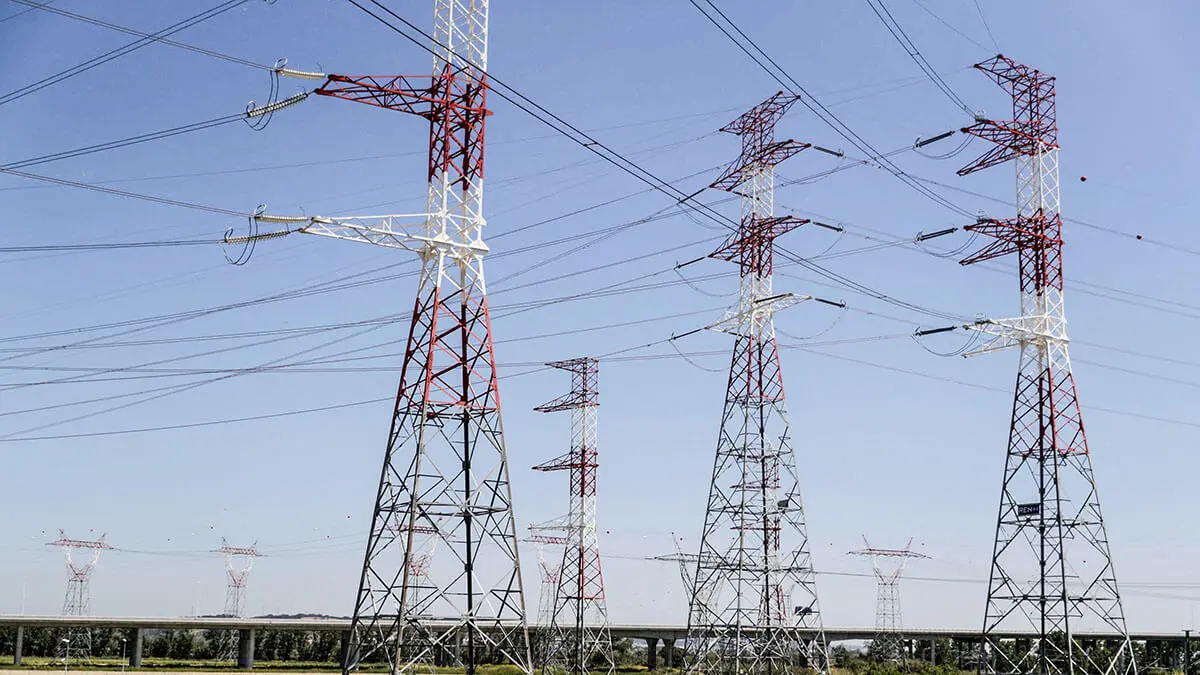
José María Peredo, professor of Communication and International Relations at the European University and author of one of the chapters of the Strategic Outlook 2025 report published each year by the Spanish Institute for Strategic Studies, analysed Spain's energy weakness on Onda Madrid's programme ‘De cara al mundo’. He also mentioned the strategic outlook for the United States in 2025.
Mr Peredo, I would like to raise the issue of national security and energy as a key element of this outlook. Spain must take a step forward after this week's events to avoid a situation such as the major blackout, which demonstrates a very worrying weakness, don't you think?
Very worrying. It is a setback in the sense that Spain was taking tremendously important steps forward in the field of energy. The fact that we are currently a territory through which different types of energy pass, those machines, structures for adapting gas for maritime and land transport, wind and solar energy, renewables, which have an extraordinary impact, and our companies in their production.
All this had turned Spain into a country of a different nature from what it has historically been, which is a country with an absolute energy deficit, in need of energy, and in this case it is becoming not just a producer, but even, let's say, a link, a hub, an energy hub. This situation, from an economic point of view and from the point of view of security, is a setback for this position, and measures must be taken immediately to redress it.
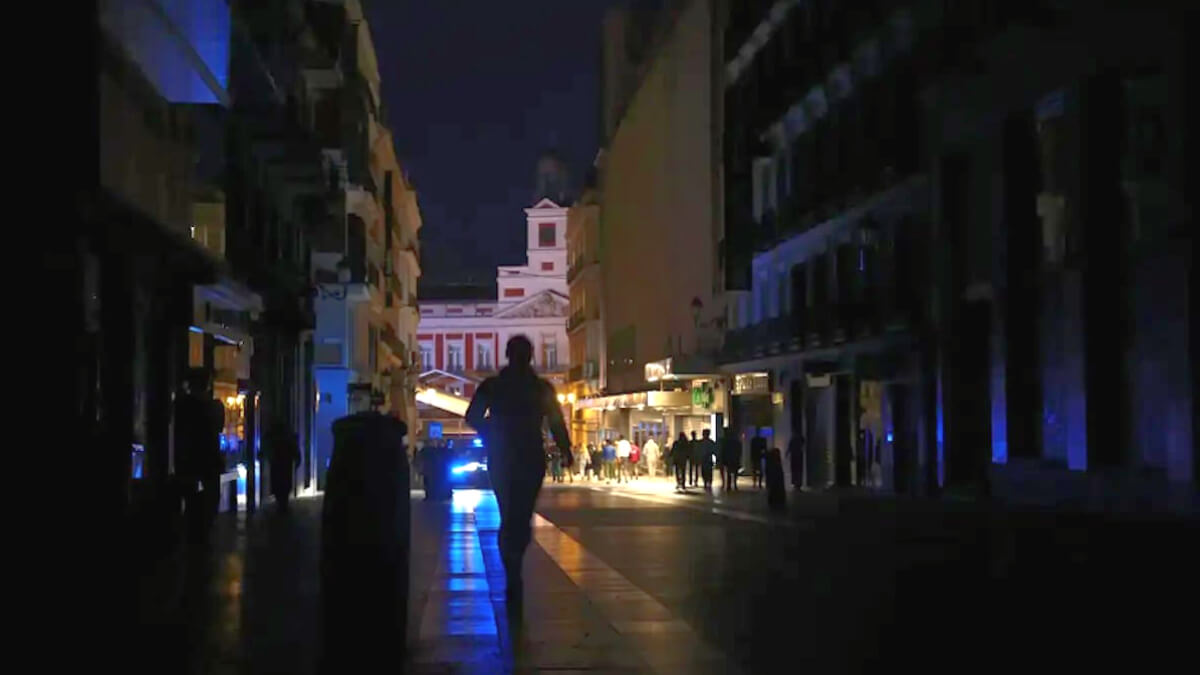
There are perhaps some key issues, Mr Peredo. In my opinion, there is perhaps an excess of ideology, a certain ecological fanaticism, electoral calculations, which then take their toll, as we have suffered this week, because we need to demand more technical and professional approaches. I am referring to nuclear energy, which this government wants to shut down, yet across Europe, new plants are being opened, given the situation. Perhaps this event, or this major blackout, will make us reconsider and redirect the whole situation, that we should get involved with Europe.
That is one of the issues. We are at a point in the energy competition between good and bad. There were polluting energies and renewable energies, and we have entered into this, shall we say, for ideological reasons, for strategic reasons and for other reasons, but what has ultimately put the arguments in their place is that we have to look for energy sources.
Firstly, they must be efficient; secondly, they must be safe; and thirdly, they must be cheap. This has opened up the idea to various energy sources, and so polluting energies coexist, reducing gases, improving carbonisation levels, etc., with renewable energies and nuclear energy, the enemy of ideological and strategic sectors, in a competition between different energy sources. The first step forward is to realise the weakness or fragility of certain security systems and that they need to be strengthened.
As you pointed out, energy is one of them. Secondly, we must try to take advantage of this crisis as an opportunity to move forward, but where to? Towards becoming a leading country in the production of a range of energies and in the transport and conditioning capacity of another range of energies. That is clearly the strategic line.
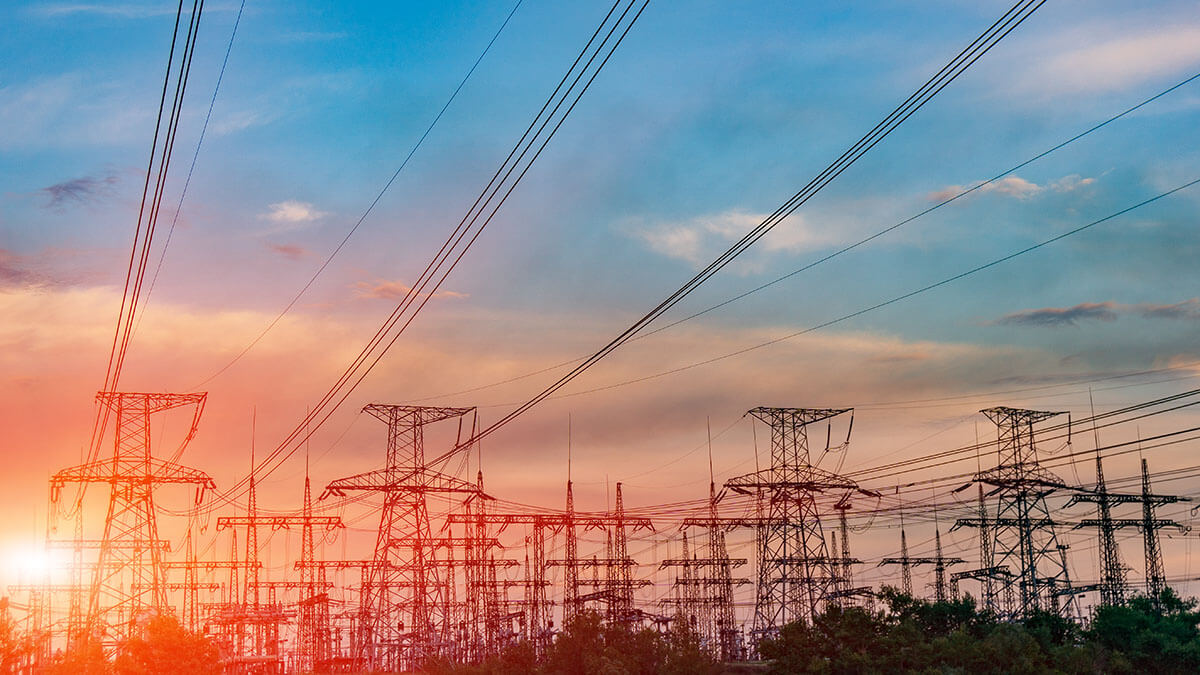
That is without mentioning that, and I do not want to speculate, although I must confess that I still suspect a possible cyberattack by someone, I do not want to name names, although we all know who it could be at this point, I think we should not rule it out, or worse still, do you think, Mr Peredo, that perhaps there is a hand behind this from an enemy of Spain, of the European Union? Some sites have pointed the finger at Putin.
It is difficult to go beyond a reasoned opinion. In other words, you cannot point the finger at anyone, and secondly, cyberattacks are proliferating. They are present in all relationships, in business and politics, in recent years. It is something public, something we all know. Cyberattacks are carried out by states and by companies or specialists in this type of action, who may serve the highest bidder, and it is therefore difficult to identify who has carried out a cyberattack. In this case, the possibility of a cyberattack is something that is open, recognised and possible.
This is enough for citizens to understand that it is not a question of identifying who committed it and when, but simply of being fully aware that we live in a world where this happens, not on a daily basis, but periodically, and with the possibility that it may be carried out by one actor or several.
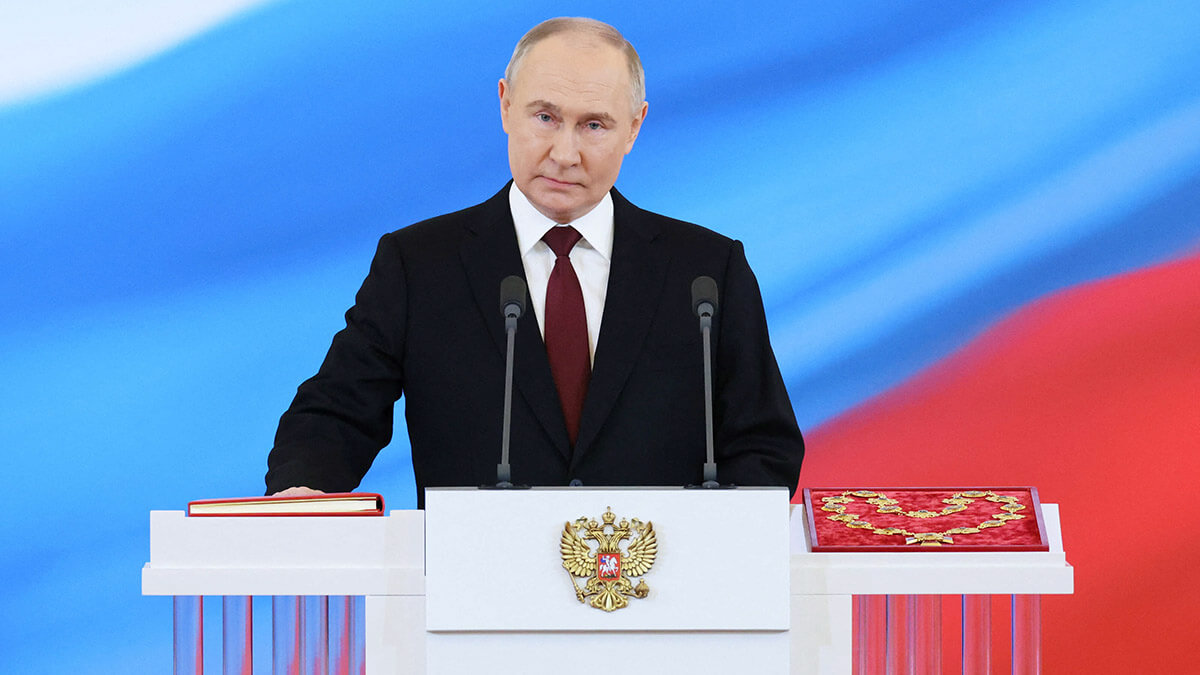
We do not want to be alarmist, but it is our duty to tell listeners, citizens, ‘listen, this is the world we live in and we must take measures and precautions’. Let's move on to the United States, talking about elections. What can we learn from your chapter on the United States in this strategic outlook for 2025?
First of all, I would like to tell our listeners that this is an annual magazine published by the Spanish Institute for Strategic Studies, part of the CSDN. It is a prestigious magazine and I have had the great pleasure of contributing to this edition, which includes authors such as Jorge Dezcallar, a contributor to Atalayar magazine, and José María Pardo de Santayana, to name but a few.
The chapter on the United States. First of all, it was a challenge because writing and anticipating what US politics might mean in 2025, when it was not yet clear, when the chapter was being written, when the US government was practically being formed, look at what has happened in these first few months of the administration, how was it approached? Seeing that Donald Trump's victory is consistent, both in terms of the effects of the presidency and the effects of the chambers, we could expect that the fundamental issues raised by Donald Trump and the Republican Party during the campaign would be implemented, and this has been the case.
The issue of tariffs as a measure of both pressure and balance, the issue of demanding greater security and defence commitments from allies, the issue of trying to enter into a peace like that in Ukraine in a very impulsive manner. The chapter does not mention how, in such a harsh manner, as was expressed. But the broad outlines are anticipated there, and we are seeing what Donald Trump is like, a radical, extremist figure, which is his political and strategic position.
There, too, opening the door to the fact that Donald Trump is not only the figure who designs this whole strategy, but that behind him there are a series of ideological positions of the Republican Party, according to the Heritage Foundation 2025 report and other sources that shed light, shall we say, on what Trump's idea is, which is to strengthen the United States in this world of competition between powers.
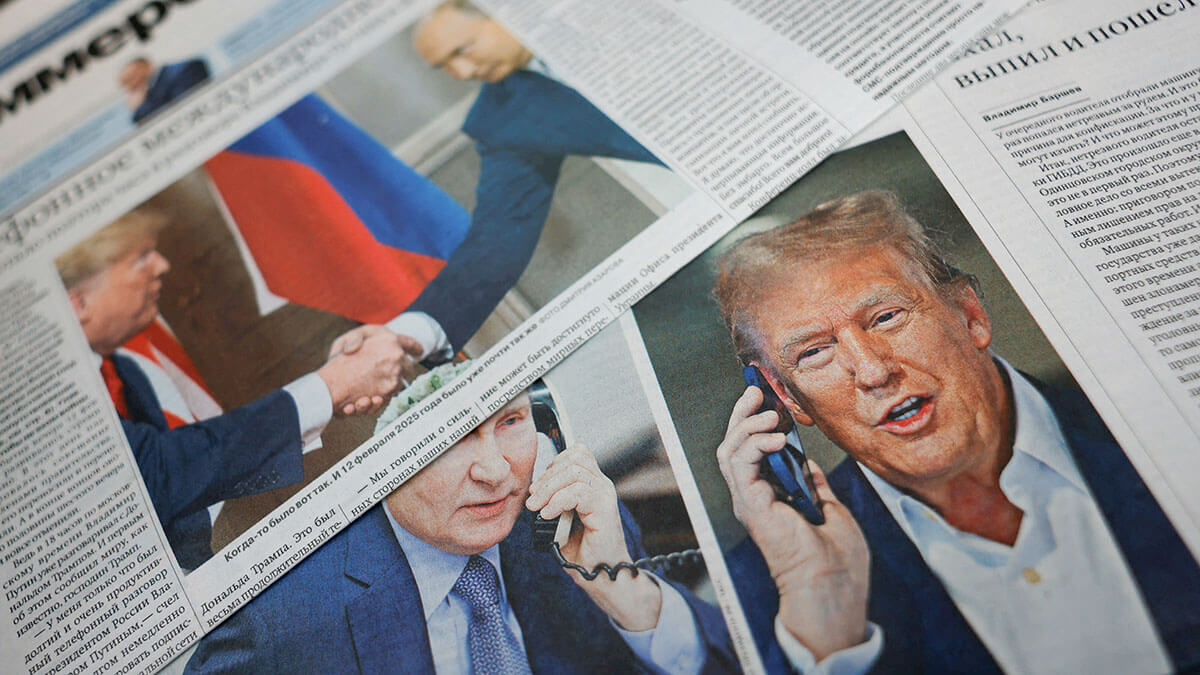
And to the Europeans, Mr Peredo, with this chapter, what we are seeing and reconfirming is that Europe must wake up, I don't know if it needs to reinvent itself or not, but it must take into account that it must follow its own principles and values, and above all unity in order to compete and be a political, not just an economic, force in this world where Trump is now turning towards the Pacific, looking at China and demanding that Europe have its own security and defence.
There is no other possible argument. Here, there would be one possible argument, which is disconnection, that is, we do not want to be this, we want to be something else, an insignificant player in international relations because we do not want to get involved in this issue. This is not the case for the majority of citizens who want to maintain their levels of development, their levels of freedom, their levels of convictions and all kinds of cultural values.
The second issue, at the business level, in terms of growth and the market, is that Europe is not considering taking a step backwards, is it? If taking a step backwards is not the opinion of the majority of countries and of the European Union as a whole, then the step forward must be firm, clear and, above all, supported by the majority of the population and political parties.
There is no question that the vast majority of citizens, businesses and European interests want to move forward, and that a minority should not be able to hold back progress because a government needs four votes, or because it happens to be impossible. On the basis of this progress, in this sense, towards greater autonomy in terms of security, greater commitment, not independence from the United States, but simply better understanding with our allies, and the United States is the main ally in security and other matters.
From there, the effort must be to understand that the European institutions and the European government must have clear criteria about who our friends are, who our rivals are, what our projects are, what our ideas are and what our future is. That is why they seem like very vague and empty words. They are full of content and clarity.
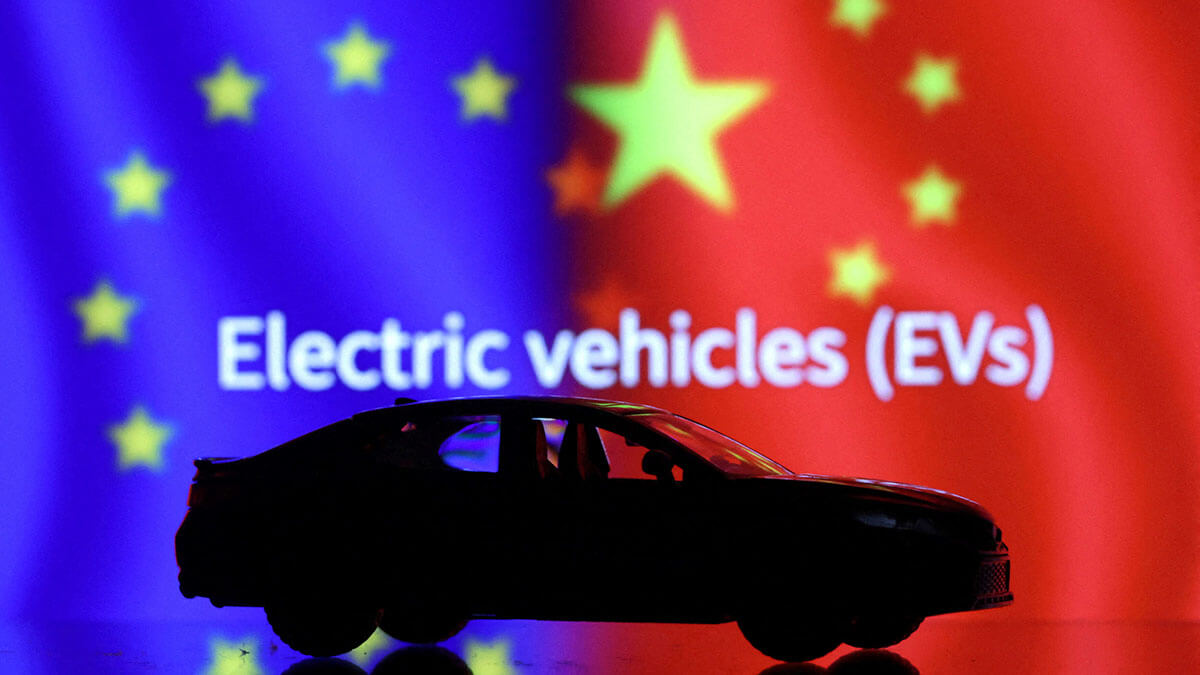
And I would add, if José María will allow me, a greater culture and awareness of our security and defence, which we think others defend for us, just as we think others produce in China in the industrial sector or in agriculture in Ukraine. Europe has to recover all these issues and, above all, an awareness and culture of security and defence.
More awareness, and a little less of the idealistic world we have been living in. Europe needed an idea, some basic values, something to start its process of growth and construction, but now that has already been built. We live in a competitive world, and in that competitive world some countries are closer to us and others are further away, in terms of ideas, in terms of territory, in terms of aspirations and everything else. First, awareness. Second, a commitment that it is the majority who must decide, that we must not be conditioned by a minority who seek to put obstacles in the way of Europe's growth as a power.









